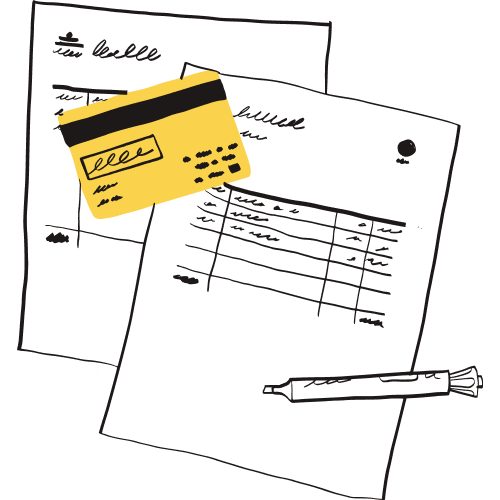
Why would you use a Pennsylvania power of attorney?
Using a Pennsylvania power of attorney provides peace of mind and ensures that your affairs are handled according to your wishes. A POA gives you control and protection, whether you're planning for the future, dealing with a medical situation, or need help managing your finances.

Common types of a Pennsylvania power of attorney
There are several different types of POA in Pennsylvania, each with its own scope of authority:
A general POA grants broad powers to your agent to act on your behalf in various matters. For example, like managing finances and dealing with financial institutions, signing documents, or making business decisions. This power remains in effect until you revoke it or become incapacitated.

This type of POA specifies the scope and duration of the agent's authority, allowing them to handle specific tasks or make decisions for a limited period. Common examples include authorizing someone to handle a real estate transaction or beneficiary designation on your behalf.

This type of power of attorney enables your agent to make medical decisions and healthcare decisions on your behalf when you're unable to do so. This includes medical treatment options, end-of-life decisions, and choosing healthcare providers.

Which laws relate to a Pennsylvania power of attorney?
Pennsylvania power of attorney laws are governed by the Pennsylvania Consolidated Statutes, specifically Title 20, Chapter 56. These laws outline the requirements, limitations, and responsibilities associated with creating and executing a durable power of attorney in Pennsylvania.

When is a Pennsylvania power of attorney terminated?
A Pennsylvania power of attorney may be terminated under various circumstances, including:
- Revocation: Revoke anytime if legally capable.
- Expiration: Authority ends on specified date or event.
- Death: Terminates upon your passing.

Frequently asked questions
To create a Pennsylvania power of attorney, you can use our user-friendly online platform. You'll also need a notary public to witness you signing the document, as per Pennsylvania law.
It's advisable to consult with a law firm specializing in estate planning or elder law to ensure compliance and create a document that accurately reflects your intentions.
Yes, you can revoke or change your Pennsylvania power of attorney at any time, as long as you've the legal capacity to do so. You can create a new document or execute a written revocation to terminate the existing power of attorney.
A Pennsylvania power of attorney can go into effect immediately upon signing or can be designed to become effective only when you're deemed incapacitated. The choice is yours, and it should be clearly stated in the document.
Yes, you can appoint multiple agents, known as co-agents, to act either jointly or separately. It's important to clearly define their roles and responsibilities within the power of attorney document.
Disclaimer: This information is intended for general informational purposes only. It is meant to help you understand the legal framework used for this form. This is not intended to be legal advice and should not be a substitute for professional legal advice. Consult a licensed attorney for legal advice or representation.
Looking for other Pennsylvania documents?
Formswift is not a law firm and does not provide legal advice or representation. Formswift's documents are not a substitute for the advice of an attorney. Communications between you and Formswift are governed by the Formswift Privacy Policy but are not protected by the attorney-client privilege or as work product. Formswift does not provide advice, opinions, or recommendations about individual's legal rights, options, strategies, or the selection of forms. Your use of the Formswift website and forms is governed by the Formswift Terms of Service.
